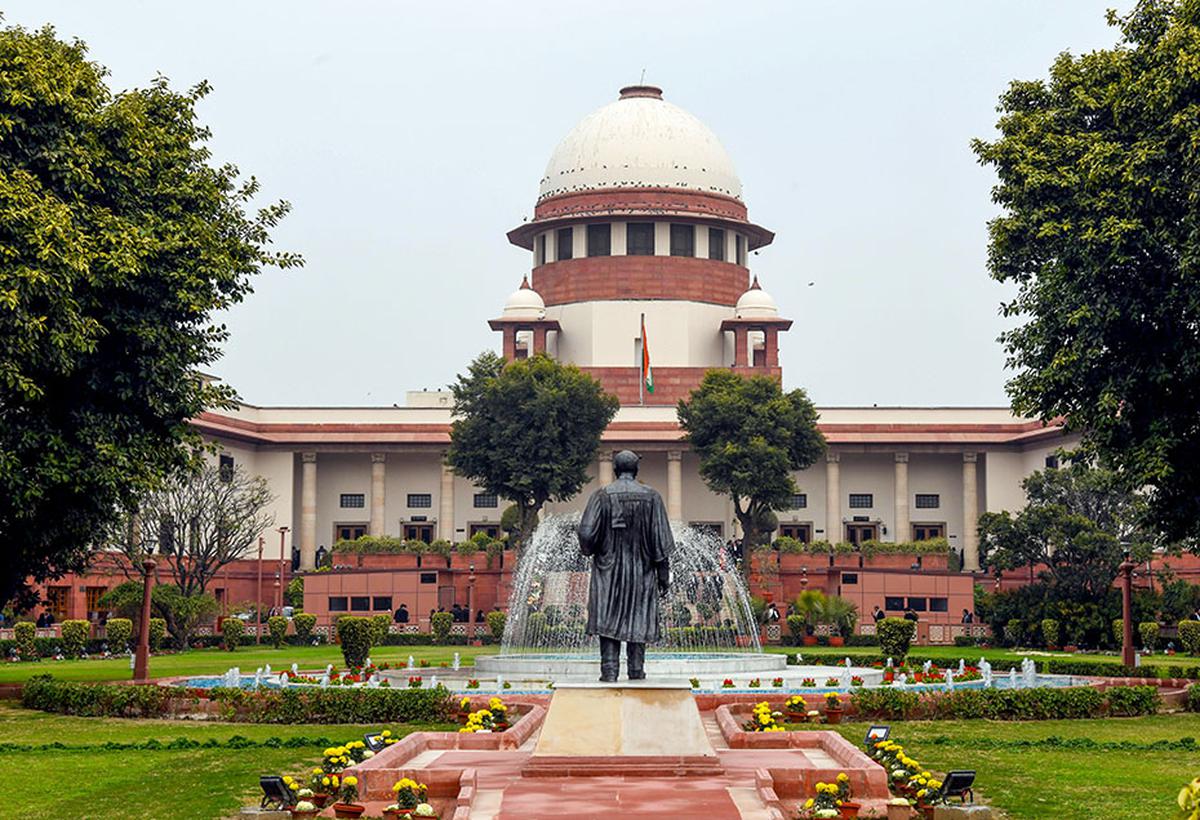In a watershed moment, the Supreme Court of India, led by Chief Justice D.Y. Chandrachud, has delivered a monumental judgment on the intricate interplay between legislative immunity and the fight against corruption. On March 4, a seven-judge Bench pronounced its decision on whether Members of Parliament (MPs) or Members of Legislative Assemblies (MLAs) can be shielded from prosecution under the Prevention of Corruption Act for accepting bribes outside the legislative chambers.
At the heart of this judicial scrutiny lies the infamous Jharkhand Mukti Morcha (JMM) bribery case, which dates back to 1993. Allegations surfaced that several legislators were bribed to sway their votes during crucial parliamentary proceedings. Fast forward to the present, the Supreme Court revisited this case, reevaluating the contours of legislative immunity enshrined in Articles 105(2) and 194(2) of the Constitution.
The crux of the matter revolves around whether lawmakers, upon accepting bribes, enjoy immunity from prosecution solely by virtue of their parliamentary duties. The traditional interpretation, as per a majority verdict in the 1998 JMM Bribery case, provided a shield to bribe-takers if they proceeded to fulfill their parliamentary functions post-bribery.
However, the recent pronouncement by Chief Justice Chandrachud and his learned colleagues marks a paradigm shift. The Bench underscored that the mere completion of parliamentary tasks does not absolve legislators of their culpability in corrupt practices. This departure from the status quo emphasizes that legislative immunity must not serve as a cloak for criminal misconduct. The intent behind such immunity clauses was never to elevate lawmakers above the law but to safeguard their independence in the discharge of their duties.
The judgment brings clarity to a vexing legal conundrum, shedding light on the responsibilities and accountability of elected representatives. It reaffirms the principle that no individual, regardless of their position, is above the law. By dismantling the sanctuary of immunity for errant legislators, the Supreme Court has reaffirmed its commitment to upholding the rule of law and combating corruption at all levels of governance.
As the echoes of this landmark verdict reverberate across the legal landscape, it serves as a poignant reminder of the judiciary’s pivotal role in safeguarding the foundations of democracy. The decision transcends the confines of a courtroom, resonating with the aspirations of a nation striving for transparency, accountability, and ethical governance.
In the annals of Indian jurisprudence, the judgment in the JMM Bribery case stands as a beacon of hope, heralding a new era of legal enlightenment and integrity in public life. It reaffirms that justice is blind to power and privilege, ensuring that the hallowed halls of democracy remain untainted by the shadows of corruption.
As the nation grapples with the complexities of governance and the imperatives of probity, the Supreme Court’s verdict serves as a guiding light, illuminating the path towards a brighter, more equitable future for all citizens.
Also Read:
Calcutta High Court Judge Abhijit Gangopadhyay Resigns, Set to Enter Politics
